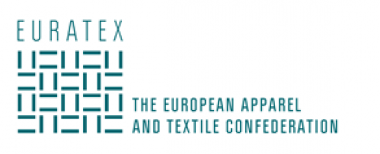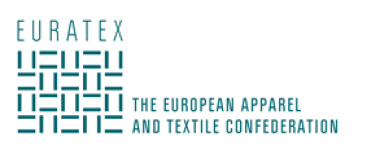EURATEX: European Commission announces “Textiles of the Future” Partnership
In the fringes of the EU Research and Innovation Days, the European Commission has announced 9 new European co-funded and co-programmed partnerships, including “Textiles of the Future”. These partnerships will be at the core of the Horizon Europe Strategic Plan 2025-2027, addressing the green and digital transition, and a more resilient, competitive, inclusive and democratic Europe.
EURATEX has been working towards such a partnership over the last few years. Investing in innovation is a critical component to successfully implement the EU Strategy for Sustainable and Circular Textiles. EURATEX therefore welcomes the Commission’s decision, as a measure to help their 200.000 EU textile companies to remain competitive.
The Textiles of the Future Partnership will be co-managed by the European Technology Platform for Future of Textiles and Clothing (ETP). With a deep knowledge in textiles research and a vast innovation network, ETP stands ready to bring that partnership into reality.
EURATEX








